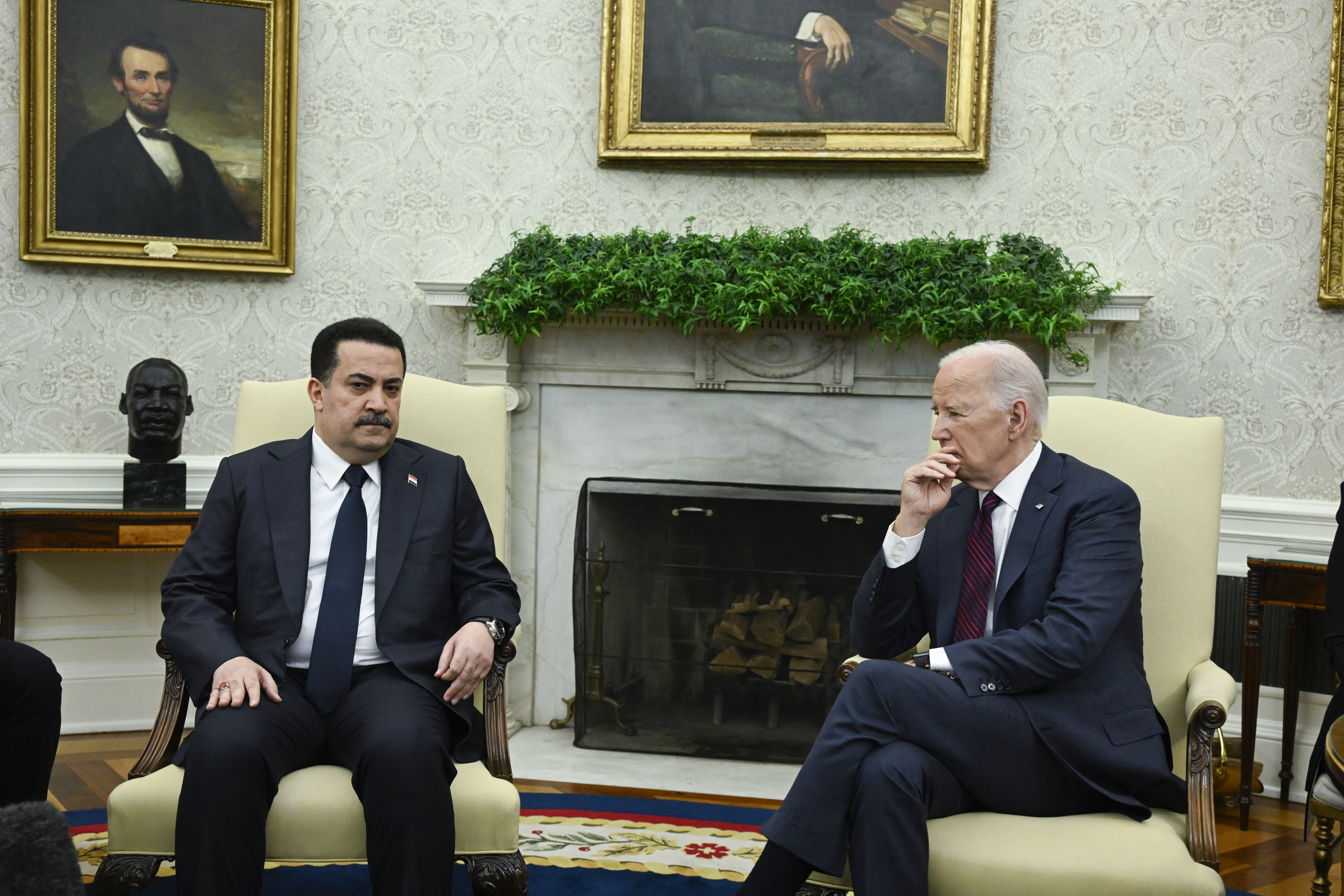France’s Macron accuses Turkey of working with Islamic State proxies

France’s President Emmanuel Macron, London, Britain, December 3, 2019. Photo: Reuters
LONDON,— French President Emmanuel Macron accused Turkey on Tuesday of working with Islamic State proxies and said Ankara’s ambiguity toward the group was detrimental to its NATO allies fighting in Syria and Iraq.
Relations between Macron and Turkey’s President Tayyip Erdogan have soured ahead of Wednesday’s NATO summit in London with the two leaders trading barbs over Ankara’s cross-border offensive in Syrian Kurdistan, the Kurdish region in northeast Syria, targeting Kurdish militias.
Speaking alongside U.S. President Donald Trump, Macron directly linked Turkey to Islamic State fighters, while dismissing Trump’s concerns that Paris was not bringing home French Islamic State fighters held by Kurdish groups in Syria.
“The common enemy today is the terrorist groups. I’m sorry to say, we don’t have the same definition of terrorism around the table,” Macron told reporters.
“When I look at Turkey they are fighting against those who fought with us shoulder to shoulder against ISIS (Islamic State) and sometimes they work with ISIS proxies.”
Turkey has threatened to block a plan to defend Baltic states and Poland against Russian attacks unless the alliance backs Ankara in recognizing the Kurdish YPG militia as a terrorist group.
The YPG’s fighters, who are respected and appreciated all over the world, have long been U.S. and French allies on the ground against Islamic State in Syria. Turkey considers them an enemy because of links to Kurdish insurgents in Turkish Kurdistan (Bakur) in southeastern Turkey.
“I think any ambiguity with Turkey vis-a-vis these groups is detrimental to everybody for the situation on the ground,” Macron said. “The number one (priority) is not to be ambiguous with these groups, which is why we started to discuss our relations with Turkey.”
In an at times awkward news conference with Trump, Macron appeared exasperated when the U.S. president said he would pass the question to Macron on whether France should do more to bring French ISIS fighters home.
Paris has about 400 nationals, including around 60 fighters, held in northern Syria. It has refused to bring adults home saying they must face trial where their crimes were committed.
“Would you like some nice ISIS fighters? You can take everyone you want,” Trump said in a light-hearted tone.
Visibly irritated, Macron responded, saying “let’s be serious” and argued that number of foreign fighters from European countries was small, and that it would be unhelpful to focus on them rather than on the broader problem.
“It is true you have fighters coming from Europe but this is a tiny minority and I think the number one priority, because it’s not finished, is to get rid of ISIS and terrorist groups. This is our number one priority and it’s not yet done,” he said.
Trump suggested Macron had not answered the question.
“This is why he is a great politician because that was one of the greatest non-answers I have ever heard, and that’s OK,” Trump said.
The Kurdish Democratic Union Party PYD and its powerful military wing YPG/YPJ, considered the most effective fighting force against IS in Syria and U.S. has provided them with arms. The YPG, which is the backbone of the Syrian Democratic Forces SDF forces, the de facto army of the autonomous Kurdish region, has seized swathes of Syria from Islamic State.
The Kurdish forces expelled the Islamic State from its last patch of territory in the eastern Syrian village of Baghouz in March 2019.
11,000 Kurdish male and female fighters had been killed in five years of war to eliminate the Islamic State “caliphate” that once covered an area the size of Great Britain in Syria and Iraq.
Syria’s Kurds have established a semi-autonomous region in northeastern Syria during the country’s eight-year war.
In 2013, the Syrian Kurdish Democratic Union Party PYD — the political branch of the Kurdish People’s Protection Units (YPG) — has established three autonomous Cantons of Jazeera, Kobani and Afrin and a Kurdish government across Syrian Kurdistan in 2013. On March 17, 2016, Kurdish and Arab authorities announced the creation of a “federal region” made up of those semi-autonomous regions in Syrian Kurdistan.
Copyright © 2019, respective author or news agency, Ekurd.net | Reuters
Comments
Loading...

